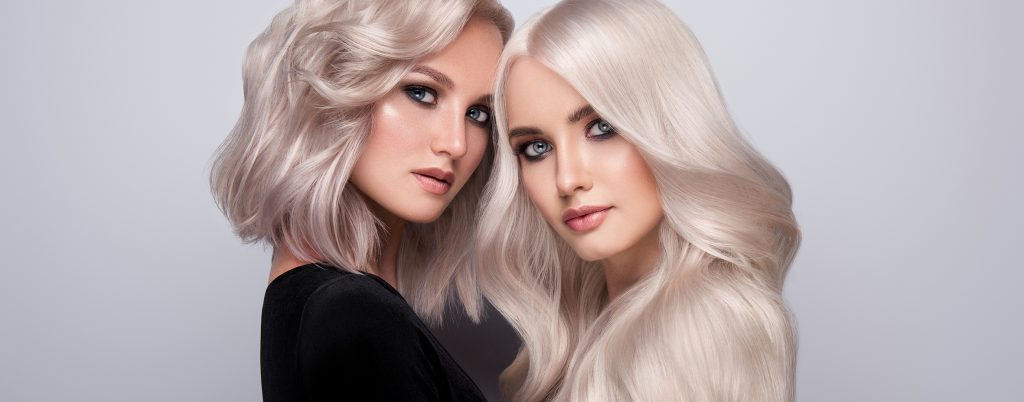With #dandruffsolution receiving over 166 million views on TikTok, it’s clear that many are looking for a way to fix their dandruff problems.
However, in true TikTok style, the conventional remedies have been replaced with innovative Anti-dandruff hacks, as one video gained over 4.6 million views claiming glycolic acid could be the secret elixir for curing dandruff and dry, flaky scalps.
The user claims glycolic acid reduces the appearance of flakes by exfoliating the scalp, lifting dead skin and dissolving excess sebum, leaving scalps feeling refreshed.
And while the exfoliating properties of glycolic acid may be a quick fix for the first signs of flakiness, Nicole Petty, Haircare Expert for Milk + Blush, reveals why you should think twice before using this trending anti-dandruff hack.
It can cause chemical burns
Just like using any skincare acid for your face can be dangerous if you don’t research, you need to find the right strength or risk burning your scalp.
The harshness of glycolic acid is largely down to its concentration percentage and pH level – the lower the pH level, the stronger it’ll be.
Most glycolic acids available to shoppers will be under 10 percent, but some may be able to get their hands on acids up to 70 percent concentration online. This strength should only be used by professionals in a clinical environment to treat extreme skin issues and will easily cause chemical burns if used by the inexperienced.
And even if you do find one with a lower concentration, remember that scalps have more nerve endings and blood vessels than anywhere else on your body, so you need to be extra careful when applying acids, as too much exposure could result in it becoming painfully sensitive.
Your scalp will be more sensitive to UV rays
It’s well-known that glycolic acid heightens skin sensitivity to UV rays, so you should wear a strong sunscreen after using acid products on your face.
But many TikTokers using glycolic acid for their hair may not consider the increased risk of scalp burn and neglect to recommend using a protective SPF or any other form of sun protection on their scalp to their followers.
Scalp burns can lead to a range of issues, including increased dryness and flakiness, and can lead to hair loss.
If you’re going to try the glycolic acid Anti-dandruff hack, make sure you invest in a high-quality scalp SPF, wear a hat or keep out of the sun for a minimum of 24 hours after applying the acid.
It can react to your current hair products
Glycolic acid reacts to many ingredients, so just like you have to be careful with your skincare routine, you need to watch out for the type of ingredients listed in your hair products.
For example, it’s not advisable to mix glycolic acid with vitamin C, commonly used in hair products to improve hair health and boost growth.
You should also pay attention to the products you use after acid rinses. TikTokers recommend soaking your scalp with glycolic acid before using a shampoo and conditioner.
But if you’re not using nourishing products, too much cleansing and exfoliating could dry out your scalp even more.
Overuse will lead to hair loss
Just like you shouldn’t exfoliate your skin too frequently, you should also give your scalp a bit of breathing space or risk your scalp becoming too sensitive from anti-dandruff treatments.
Sensitivity or tenderness in your scalp is a sign that something isn’t right and could be a sign that the products you’re using are too harsh.
Since glycolic acid penetrates the hair shaft, excessive use can weaken hair and leave it vulnerable to breakage and thinning.
Glycolic acid also strips the scalp of sebum, which your body needs to nourish the scalp and promote healthy hair growth.
While you shouldn’t allow sebum to build up in your scalp, excessive exfoliating will stop your scalp from producing the necessary sebum and can leave you with brittle, thinning hair.
Use glycolic acid maximum once a weak on your scalp and be wary of any feelings of tenderness in your scalp.
By Nicole Petty, Haircare Expert for Milk + Blush
